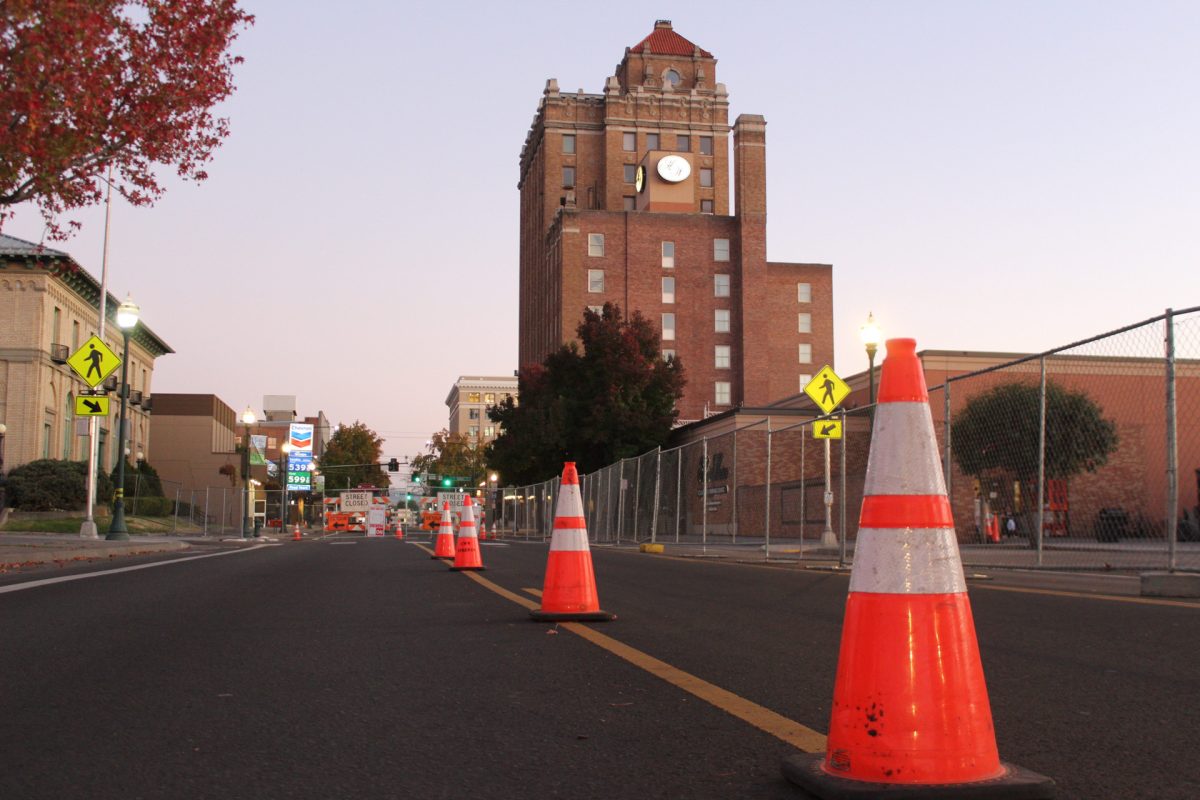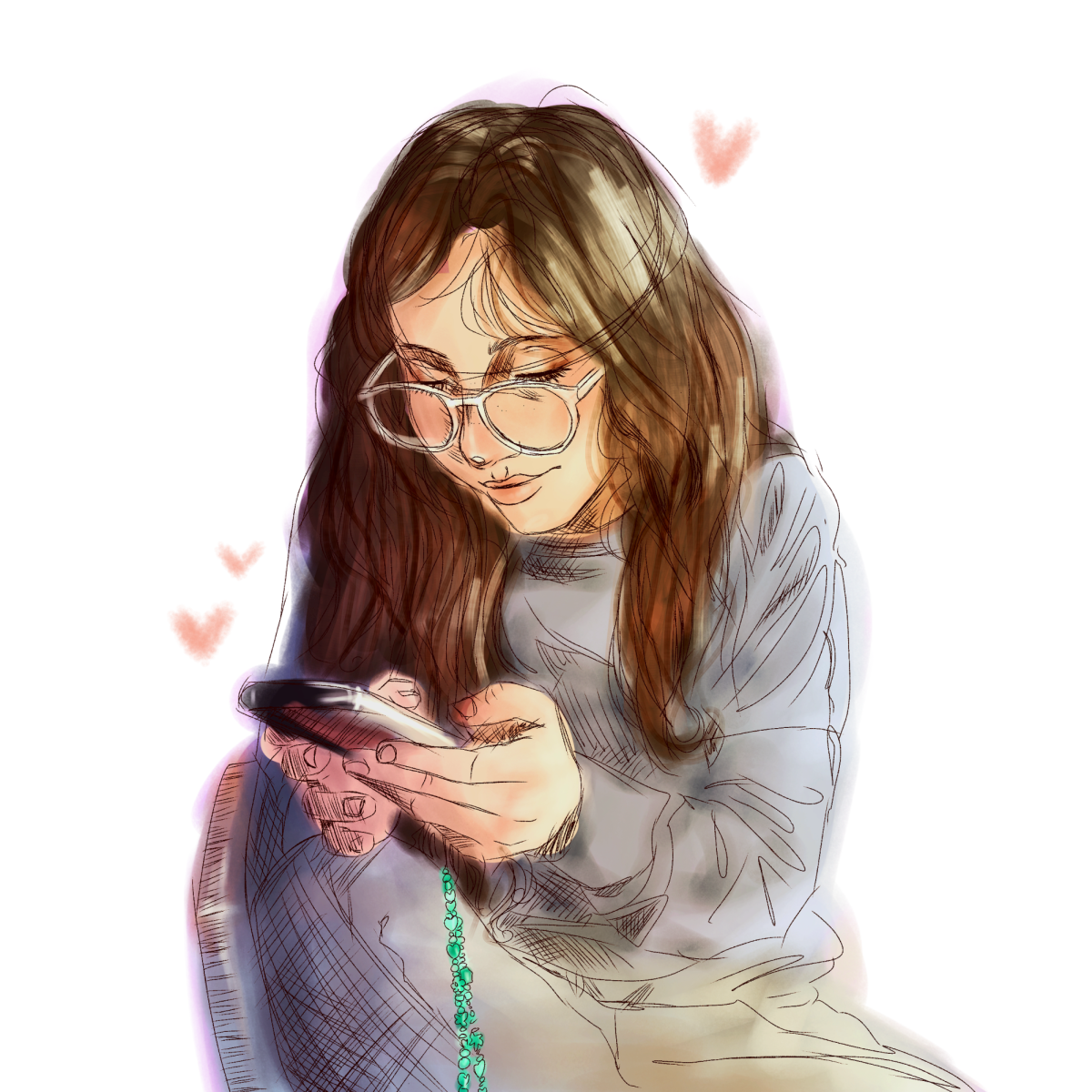State Supreme Court Justice Mary Yu visited campus for a speech and a conversation with President George Bridges and the student body on Tuesday, Jan. 29. As this year’s Martin Luther King, Jr. Day speaker, Justice Yu spoke on race, poverty and the criminal justice system to a crowd of students, faculty members and community members.
Justice Yu opened the session with a speech and then took a few questions from President Bridges before handing the microphone to the audience. She emphasized a perspective on race and the legal system garnered from her experience as a trial judge rather than from her more publicized position as the state’s first LGBTQ or Asian-American Supreme Court Justice.
“I don’t decide cases based on race but I understand race when it’s on the table,” said Yu in her speech. “I can ask a different question because of my life experience. But I do want to assure you that all of the individuals sitting at that table do the same thing: They bring a perspective.”
Despite this disclaimer, Yu vocally discussed racial divides in income, sentencing and policing. The police shooting of Michael Brown and subsequent protests in Ferguson, Mo. loomed particularly large in Yu’s speech.
“In Ferguson the explosion over the incident has been bubbling for the last 20 to 25 years in that town,” said Yu. “It has a lot to do with economics and poverty, it has a lot to do with disenfranchisement, and people losing the right to participate, and I’ll … acknowledge that the court systems have contributed to the problem in Ferguson.”
Whitman hosts a Martin Luther King, Jr. Day speaker annually to discuss race and other social justice issues with the community. Yu’s decision to come to Whitman was spurred by alum Sydney Conway ’13, a University of Washington law student who worked as a judicial extern in Yu’s office this summer. The topic came up in a conversation Conway had with Yu’s assistant, and soon Conway and Yu got into contact with Student Engagement Center Director Noah Leavitt.
Leavitt and the SEC had initially planned to bring Yu in on their own and not as the MLK speaker. But growing discussions of race and justice following the Ferguson shooting and the police killing of Eric Garner in New York brought MLK organizers to approach the SEC about sponsoring the event and making Yu the MLK speaker.
“I had just happened to reserve that date,” said Leavitt. “It was a great coincidence.”
“[The arrangement] was perfect –– perfect for Whitman and for Justice Yu,” said Conway. “And I’m very excited that this happened.”
The decision to put Yu in conversation with Bridges was motivated by Bridges’s experience in criminology.
“[Bridges] has 30 years of experience in criminology –– research and working with the attorney general of the United States,” said Matthew Ozuna, interim director of the Intercultural Center.
Yu was also impressed with Bridges’ experience in the field.
“Dr. Bridges is a nationally known individual for knowing what he speaks about in this area,” she said.
Once hosted entirely by the Intercultural Center, for the past several years the MLK speaker has been chosen and accommodated by an advisory group comprised of delegates from relevant student groups and administrative offices. These include the Intercultural Center, Black Student Union (BSU), the Student Engagement Center, the Office of Religious and Spiritual Life, ASWC, Whitman Events Board and Whitman Teaches the Movement.
Organizations closely affiliated with the topic, such as BSU, were given larger amounts of influence on the choice of speaker.
“[The group] is the first of its kind,” said Ozuna. “It was comprised of students, staff and faculty, which is key. That’s hard to do on this campus.”
Apart from deciding the speaker, the coalition served largely to ensure that the various groups could put on MLK programs without interfering with each other.
“Everyone represented a separate entity, with their own programming,” said Ozuna. “So this group just helped [them] to … counsel each other, more for logistical and communication purposes.”
Speaking before the event, Yu said she had high hopes for the conversation.
“I’m hoping that we’re going to have the opportunity to talk about race and poverty because I think they’re so intertwined,” she said. “I would like the energy to be positive. I would like people to feel energized by the conversation where they’re feeling, at the end of the night, compelled to do something.”

















